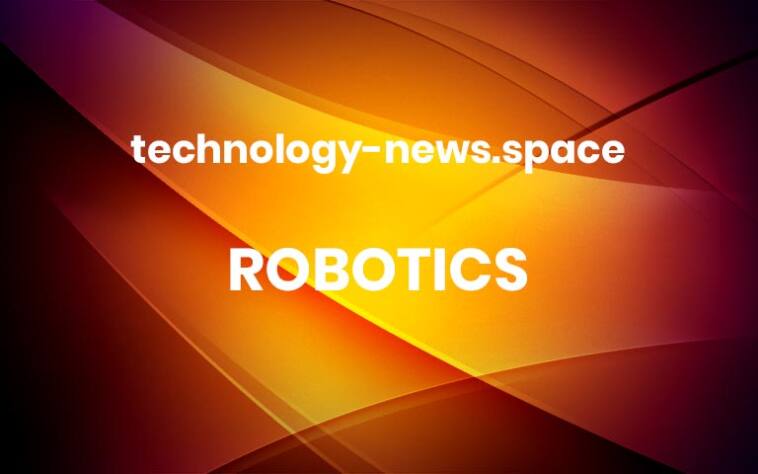Roku vs. Fire Stick: I compared the best streaming devices in 2025, and this one wins
Maria Diaz/Kayla Solino/ZDNETFollow ZDNET: Add us as a preferred source More
Subterms
200 Shares169 Views
Maria Diaz/Kayla Solino/ZDNETFollow ZDNET: Add us as a preferred source More
213 Shares199 Views
in RoboticsProtoArc CaseUp Combo <!–> ZDNET’s key takeaways The CaseUp Combo includes ProtoArc’s wireless keyboard, mouse, and laptop stand, on sale now for $79 on Amazon. The ease of use and transport make it a solid option for improving your hybrid and remote work setup. However, the mouse, while comfortable, might be too small for some […] More
200 Shares169 Views
in RoboticsMaria Diaz/ZDNETFollow ZDNET: Add us as a preferred source More
213 Shares199 Views
in RoboticsKerry Wan/ZDNETBlack Friday is coming up fast, and Verizon has a killer new deal on its website. Starting today, new customers on select Unlimited plans can get an iPhone 17 Pro Max More
200 Shares169 Views
in RoboticsSamsung/ZDNETFollow ZDNET: Add us as a preferred source on Google.If you’ve been considering upgrading your internet service, now is the perfect time because Verizon is offering a major holiday deal. When you sign up for the company’s 5G Home Ultimate plan More
175 Shares159 Views
in RoboticsMarshall Heston 60 <!–> ZDNET’s key takeaways Marshall’s Heston 60 compact soundbar is available for $700 in Black and Cream. Despite its small frame, its sound performance is impressive, and its wired and wireless streaming options are seemingly infinite. However, for $700, you can buy a convertible soundbar and subwoofer package from Samsung. more buying […] More
175 Shares199 Views
in RoboticsAcer Swift 16 AI <!–> ZDNET’s key takeaways The Acer Swift 16 AI is on sale for $749. Its 16-inch OLED display, lightweight form, and marathon battery work together to create a laptop that feels more premium than its price would suggest. Its speakers, however, leave much to be desired, and it has its fair […] More
138 Shares189 Views
in RoboticsWhen is Black Friday? This year, Black Friday falls on Friday, Nov. 28, 2025, the day after Thanksgiving. Cyber Monday follows soon after, on Monday, Dec. 1, 2025.Does Costco have a Black Friday sale?Yes. According to the latest mailer, Costco’s first holiday savings event runs Oct. 31-Nov. 16, both in-warehouse and online. The second (and main Black Friday event) will run from Nov. 17-Dec. 1. Costco will also run Cyber Monday deals online on Dec. 1. Are tech products really cheaper during Black Friday? Yes — we often see some of the lowest prices of the year on a variety of tech products during Black Friday sales, including TVs, laptops, headphones, and more.How did we choose these Black Friday deals?ZDNET only writes about deals we want to buy — devices and products we desire, need, or would recommend. Our experts looked for deals that were at least 20% off (or are hardly ever on sale), using established price comparison tools and trackers to determine whether the deal is actually on sale and how frequently it drops. We also looked over customer reviews to find out what matters to real people who already own and use the deals we’re recommending. Our recommendations may also be based on our own testing — in addition to extensive research and comparison shopping. The goal is to deliver the most accurate advice to help you shop smarter. More
150 Shares169 Views
in RoboticsBlack Friday is a day away. Chances are you or someone you know needs a new pair of headphones or earbuds. Many models from last year are set for major discounts, such as the Sony WH-1000XM6 More

This portal is not a newspaper as it is updated without periodicity. It cannot be considered an editorial product pursuant to law n. 62 of 7.03.2001. The author of the portal is not responsible for the content of comments to posts, the content of the linked sites. Some texts or images included in this portal are taken from the internet and, therefore, considered to be in the public domain; if their publication is violated, the copyright will be promptly communicated via e-mail. They will be immediately removed.

